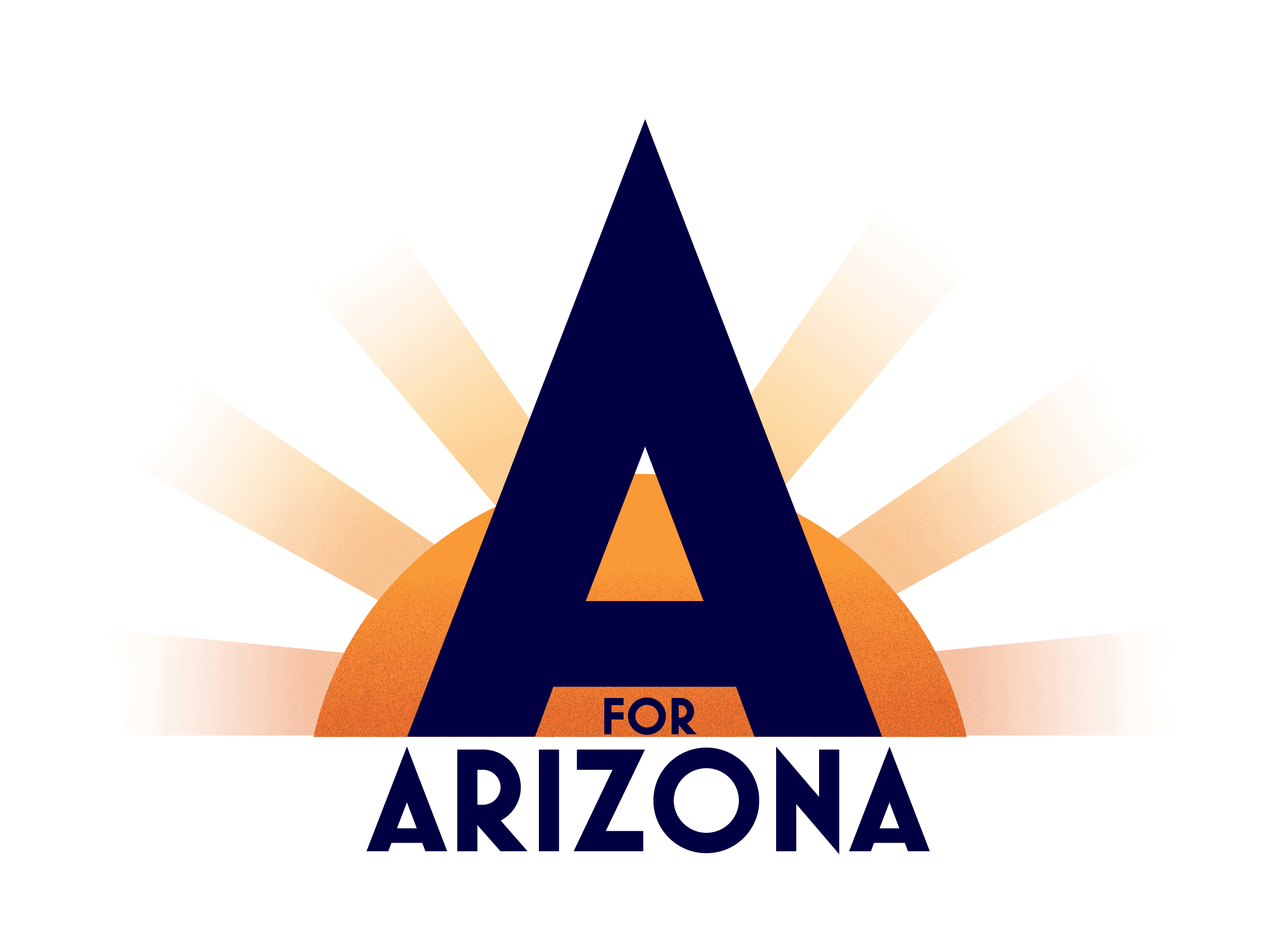Policy Priorities
Our Policy Priorities
Policy does not create great options, it creates opportunity. Public policies should support and expand the opportunity for talented educators to do their work and to help more students access great schools. Educators create great schools, and families amplify the effect when they are able to choose from among the best options for their child. By vigorously supporting growth of high-quality public school options, we will achieve the long-term student outcomes and economic opportunity that Arizonans deserve.
Through interactions with Arizona’s highest performing high poverty school leaders, A for Arizona informs and recommends policy to the Arizona Chamber of Commerce & Industry. When adopted by the Arizona Chamber Board, the resulting broad policy priorities become the guardrails for the Chamber’s education policy pursuits in the Arizona Legislature, at the State Board of Education, and at the State Board for Charter Schools.
Results-Based Funding
Results-Based Funding provides additional dollars to Arizona’s best schools, with an emphasis on the top schools serving high poverty students. The policy incentivizes public schools – traditional district, magnet, and charter – to grow their impact and serve more students. Approved by lawmakers in 2016, Results-Based Funding provides $225 per student to the top 10 percent of schools in the state, and $400 per student to the top 10 percent of schools with more than 60 percent of students who quality for free or reduced priced lunch. To date, top performing schools have been calculated using the state AzMERIT exam results.
- Results-Based Funding - How It's Working: Watch the video.
- Results-Based Funding - Why It Should Be Expanded: Watch the video.
- FY18 Results-Based Funding Recipients: Read more.
Policies In Action
Sonoran Science Academy - Broadway

Faith Karatas, CEO
Sonoran Schools
“Results-Based Funding has enabled us to provide more low-income students in southeast Tucson an opportunity to receive an ‘A’-rated education, in a neighborhood where they can walk to school, and where the school will be an active community partner and resource.“
School-Based Budgeting

Local, state, and federal funding should follow students to the school they attend. Not only does this ensure each student’s funding is used to fund their unique needs, but also makes school-level financial transparency meaningful. School-level transparency and budgeting allows school leaders to see if the investments they make yield results for their students and teachers. This level of transparency protects student-centered funding and empowers parents, principals and communities.
Arizona’s school-level budget transparency law takes effect in the 2019-2020 school year and is supported by new federal requirements under the Every Student Succeeds Act. This law requires districts and charters to detail how much of each school’s total student funding actually makes it to each campus and empowers local boards to engage principals substantively in the budget decisions of their own neighborhood school. Since 2015, A for Arizona has been partnering with Allovue, a leading education finance technology company, to guide state policy and local school practice toward effective school-based budgeting.
Policy in Action
Tanque Verde Unified School District
Tanque Verde Unified School District serves 2,120 K-12 students in northeast Tucson. The district’s mission is to ensure effective communication, collaboration, school partnerships and state-of-the-art facilities that support all students and benefit the community. Tanque Verde is piloting new education financial technology that takes thousands of lines of code within a district budget and brings them to life through interactive tools. What was previously only understood by financial experts, can now be accessed at the click of a button by school principals and district leaders, ensuring that spending trends and dollars budgeted are centered around improving student outcomes and equity across all schools. The district serves as a model for what is possible with School-Based Budgeting.

Scott Hagerman, Superintendent
Tanque Verde Unified School District
“Allovue is giving our site leadership dynamic feedback on their budgets and the tools to use our funding in ways that have the biggest impact for our students.“
Menu of Assessments

We advanced the idea of a Menu of Assessments because school principals and teachers wanted the opportunity to choose the test that best aligns with the material taught in their classrooms and that has relevance for students. Many of these leaders were already using other high quality testing vehicles such as ACT and Advanced Placement (AP) in addition to the state test. The Menu of Assessments law specifies that qualifying schools may use alternative assessments that have been authorized by the State Board of Education. There is a high bar for adding a new exam to the list of approved assessments. The Board can only approve exams that are as rigorous or more than current State standards. Now high schools can opt-up to tests that help students earn college credit or get into college without having to also give the standard state test.
Policies In Action
Beginning First Year of Implementation
- Arizona State Board of Education Menu of Assessments. Learn more.
Early College Credit Bonuses

School districts and charter schools can earn bonuses for each high school student who passes a Board of Regents-approved exam that earns a student college credit in Mathematics, English Language Arts, or Science. Beginning in the 2019-20 school year, advanced Social Studies courses will also qualify. These bonuses are earned through the College Credit Inventive Program and provide $450 per student for schools with more than 50 percent of students who qualify for free or reduced priced lunch, and $300 per student for all other schools. At least half of the bonus at each school goes directly to the classroom teacher who taught the student earning the credit. A for Arizona supports expanding this program to also support certification bonuses in high demand workforce programs.
- FY18 Early College Credit Funding Recipients: Read more.
- Arizona Chamber Foundation: Expanding Access to Advanced Coursework in Arizona High Schools. Read more.
Policies In Action
University High School - Tucson
University High School is a nationally recognized, highly ranked, college preparatory high school that offers an advanced and rigorous academic curriculum in a highly supportive environment. The Tucson Unified School District school has more than 60 percent of students who qualify for free or reduced priced lunch. All students at this magnet high school take AP coursework, and graduates more National Hispanic Merit Scholars than any other high school in the country. It’s a model to learn from.

Amy Cislak, Principal
University High School
“Students who have opportunities to take Advanced Placement classes in high school are statistically more likely to graduate from college on time than their peers who do not take advanced coursework in high school. Our teachers deserve recognition for ensuring that students of all socioeconomic backgrounds are college ready, and the Early College Credit Bonuses reward our teachers for providing our students the best way possible to be successful in college and beat the poverty cycle.“
School Finance Reform

Last overhauled in 1980, Arizona’s education funding system should be revised to support access to the numerous high quality school options that have emerged for students and families over the past few decades. In order to ensure equity and access to quality for all students, education funding should follow students to their school of choice, recognize school-level performance, and promote improvement at all levels. And to ensure confidence in the system, Arizonans must be able to see how public school dollars are spent in an easy, transparent way.
Re-Aligning Revenues Towards Excellence
Focus Funding on Students, Outcomes
Though Arizona’s school funding formula has advancements other states’ do not – such as funding students not schools – we must do more to ensure these dollars actually follow students to the school they attend, promote excellent outcomes for students in every neighborhood, and reduce the financial disparity across school types and regions.

Becky Hill, Senior Policy Advisor
A for Arizona
“The school system we’re funding now was designed before the grandparents of today’s students were in school. A lot has changed since then, including how students engage in their learning and the number of families exercising school choice. The funding formula has to catch up or it will continue to fail students and teachers alike. The good news is, if we simply focus funding around students and student outcomes then the equity, quality and portability families seek will fall into place.“
A-F School Letter Grades

A strong economy and quality of life are tied to strong classrooms. Therefore, public transparency about classroom performance is critical. Not only does understanding how well their children are doing in school empower parents, it can also drive improvement on behalf of all students. Arizona public school performance is reported to parents and the public in an “A-F” format, meant to communicate how well Arizona classrooms meet their obligation to educate students. The grades reflect student achievement in the areas of reading, writing, math, science and graduation. Other factors are also included, such as improvement for students who are behind, attendance, and opportunities that high schools offer for technical education and college credit. Each fall the Arizona Department of Education is required to release a school report card that shares important information about schools to the public. This includes A-F data, school safety statistics, points of pride and the types of educational programming offered at their school.
- Arizona Chamber Foundation: Making the Grade: Capturing and Communicating School Impact on Student Learning. Read more.
- Arizona State Board of Education A-F Letter Grades. Learn more.
Policies In Action
Western School of Science and Technology
Western School of Science and Technology is a public charter school serving grades 7-12 in Phoenix’s Maryvale community dedicated to ensuring that all students are ready for college and career after high school graduation. There are 75,000 children the Maryvale community in west Phoenix, but none of the high schools are ‘A’-rated. Western seeks to change that.

Peter Boyle, Founding School Director
Western School of Science and Technology
“Of the many ways that public schools can be rated, the most comprehensive metric is the Arizona A-F rating. Since all families and community partners know that an ‘A’ delineates excellence, we have rallied around our vision to be the first ‘A’-rated high school in the Maryvale community as a way to build investment and urgency for students, families, and teachers around the importance of our educational mission.“
Facilities

An critical aspect of the state’s school funding system is to is ensure that every child has equitable access to a functional and safe school buildings, that rural areas as well as high growth areas of the state can keep up with demand for great schools, and that every campus with a waitlist of students wanting to attend is able to grow the school by building out their space or adding a new school. Limiting growth of high-demand, high-quality schools limits access to excellent education across the state. Likewise, underutilizing partially or fully empty schools restricts the ability of high-quality schools to use these school buildings if they have demand. Poorly utilizing school space not only limits how many families can access a great school, it is expensive and restricts the ability to focus available resources on classrooms and teacher pay. We seek a policies on school facilities that align the demand for great schools with the ability to start, maintain, and grow them.
Policies In Action
Credit Enhancement Program
Arizona has many high-quality public schools. Resources available for the Achievement District prioritizes expansion and replication of our state’s top-performing public district and charter schools – schools that are at capacity and have waiting lists – through targeted financial support. The Achievement District aims to increase access to high-quality public schools statewide for all Arizona students through the Credit Enhancement Program. This effort leverages the state’s access to capital to bring down the cost of building and expanding school facilities. In return, these schools must expand their reach to serve more students or to mentor other school leaders seeking excellence. Learn more.
Teacher Certification
The foundation for giving every student a quality classroom is to enable effective school leaders to find and retain prepared teachers who can achieve excellent outcomes for children. To ensure the best teachers are in our classrooms, we applaud Arizona for allowing districts and charters to have their own Teacher Preparation programs for college-degreed professionals. This policy allows true subject matter experts into the classroom faster while still requiring teachers to meet other certification requirements over time. Teachers also have a streamlined process to transfer certification across state lines with fewer regulatory hurdles and lower fees so great teachers can get into the classroom faster. These improvements allow Arizona’s schools to identify, recruit, and train great teachers. Antiquated rules should not stand in the way of a great classroom teacher.
- Arizona Chamber Foundation: Teacher Talent Pipelines, Streamlining the Path from Student to Educator in Arizona. Read more.
Policies In Action
Reyes Maria Ruiz Leadership Academy
Reyes Maria Ruiz Leadership Academy is a K-6 charter school in south Phoenix founded by one of the architects of public charter schools, the Ruiz family and former democratic Senator Armando Ruiz. The high-performing school, which has over 90 percent of students who qualify for free or reduced-priced lunch, guides and nurtures the spirit of the child and educates the whole child by developing character as well as academics. Part of the Espiritu Schools charter school network, teachers are central to Reyes Maria’s success, and access to the most effective teachers is a top priority for the school.

Adam D. Sharp, principal
Reyes Maria Ruiz Leadership Academy
“As the principal hiring the teachers on our campus, I look at teacher quality and effectiveness first. Having the flexibility to hire alternatively certified teachers has given our school the ability to put the most effective teacher in the classroom.“
Early Literacy

Reading is the first building block in a child’s ability to learn and be successful in school. Early Literacy Grants provide support to improve reading skills, literacy and proficiency for students in grades K-3. The funds support public schools with at least 90 percent of its students eligible for free and reduced lunch.
Policies In Action
Sunset School
Sunset School is a K-5 elementary school in the Cartwright School District. The school, which strongly believes “it takes a village to raise and educate a child,” has over 90 percent of it’s 700 students who qualify for free and reduced price lunch. The ‘A’-rated school in west Phoenix puts a high focus on reading, and used its Early Literacy Grant to support school-wide professional development for staff and increased skilled support staff to support small group learning for students, positively impacting student literacy.

Kristi Wells, Principal
Sunset School
“At Sunset we believe it is our duty to ensure that all of our students are able to have many options in life, and that means they need to be able to read, write, and think mathematically. Being a good reader is not a luxury it is a necessity! We are extremely grateful for the funding we received through the Early Literacy Grant, which has allowed us to better meet the needs of our students.“

